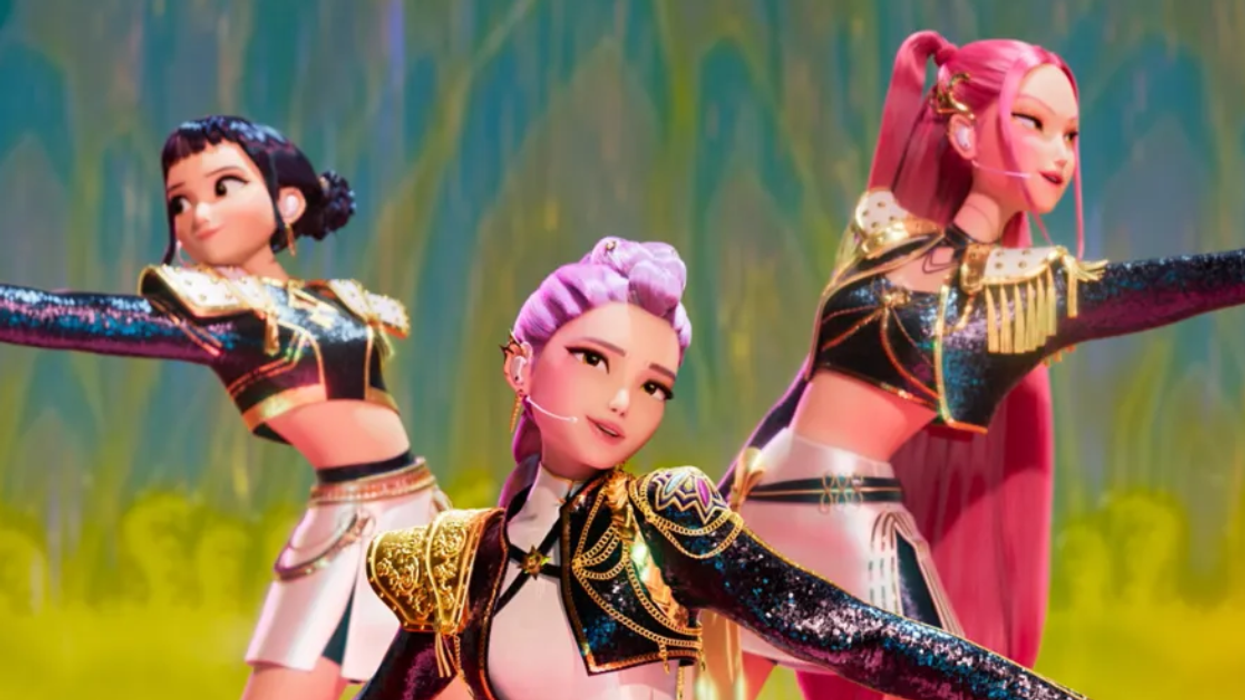In 1965, Dr. Martin Luther King, Jr. faced a problem. He personally and deeply opposed the Vietnam War, but coming out against it publicly could alienate President Lyndon Johnson, who had staked much of his credibility on it.
Condemning the war could put cherished civil rights legislation at home at risk.
What was the way forward?
That was when he received letters from, and eventually met face to face with, another giant mind and soul in the peaceful, nonviolent protest movement: the Vietnamese monk Thich Nhat Hanh, known affectionately by many simply as “Thay.”
Thay became Dr. King’s spiritual brother, and in many important ways his moral guide, when it came to the horrors of the war that was consuming his home country of Vietnam and sending so many thousands of young men, many of them African American, to their early deaths.
Thay wrote a long and history-changing correspondence to Dr. King in June of 1965 entitled In Search of the Enemy of Man.
In his homeland, the South Vietnamese government had begun widespread religious persecution of Buddhists, and six monks had publicly immolated themselves in protest.
Thay wrote in his letter:
"I believe with all my heart that the monks who burned themselves did not aim at the death of the oppressors but only at a change in their policy."
"Their enemies are not man. They are intolerance, fanaticism, dictatorship, cupidity, hatred and discrimination which lie within the heart of man."
"These are real enemies of man—not man himself."
Dr. King had been a leading advocate of nonviolent measures in the U.S. to bring an end to state-sponsored racism, and Thay saw many parallels between the Birmingham and the Saigon martyrs to the cause.
So Thay appealed directly to Dr. King to see this even more clearly: that Thay’s struggle in Vietnam as a proponent of “Engaged Buddhism” mirrored King’s own struggle for civil rights and the activism of Black churches as a force for social justice.
Importantly, Thay also urged Dr. King to speak out forcefully against the war in Vietnam.
"I am sure that since you have been engaged in one of the hardest struggles for equality and human rights, you are among those who understand fully, and who share with all their hearts, the indescribable suffering of the Vietnamese people."
"The world’s greatest humanists would not remain silent. You yourself cannot remain silent.…"
"You cannot be silent since you have already been in action and you are in action because, in you, God is in action, too…"
Two months after receiving Thay’s letter, King made his first public, forceful denunciation of the Vietnam War, marking a hard break with President Johnson.
Dr. King said to the annual Southern Christian Leadership Conference in Birmingham, Alabama:
“Few events in my lifetime have stirred my conscience and pained my heart as the present conflict which is raging in Vietnam."
Echoing Thay’s letter, King noted that the Vietnamese people were not the enemy, but rather:
“The true enemy is war itself.”
The following year, the two spiritual leaders met in person for the first time.
As clergyman and author Marc Andrus explains in his book Brothers in the Beloved Community: The Friendship of Thich Nhat Hanh and Martin Luther King, Jr., encapsulated in a wonderful interview on Letters and Politics, their meeting was arranged by a group called the Fellowship of Reconciliation, the most venerable peace organization in the world, founded at the start of World War I.
The Fellowship, through one of its founders, Abraham Johannes Muste, whom Dr. King greatly admired, arranged to bring the two peace activists together in Chicago.
There, Dr. Martin Luther King, Jr. Thich Nhat Hanh and spoke about the necessity and moral urgency to oppose the war.
They also discussed the need to foster peace, freedom, and community in their home countries and around the world. They released a joint press statement, tying their struggles together.
It read in part:
"[T]he struggles for equality and freedom in Birmingham, Selma and Chicago, as in Hue, Danang and Saigon, are aimed not at the domination of one people by another."
"They are aimed at self-determination, peaceful social change, and a better life for all human beings."
"And we believe that only in a world of peace can the work of construction, of building good societies everywhere, go forward."
Thay later said of their meeting:
“The moment I met Martin Luther King, Jr., I knew I was in the presence of a holy person."
"Not just his good work, but his very being was a source of great inspiration for me.”
The admiration was mutual. Dr. King personally nominated Thay for a Nobel Peace Prize in 1967.
King wrote:
“I do not personally know of anyone more worthy of the Nobel Peace Prize than this gentle Buddhist monk from Vietnam.”
King described his new friend as “an apostle of peace and non-violence, cruelly separated from his own people while they are oppressed by a vicious war which has grown to threaten the sanity and security of the entire world.”
That year, the Nobel Peace Prize committee failed to come to agreement and name any recipient.
Dr. King would go on to speak out increasingly forcefully against the war.
As if channeling the spiritual fortitude of Thay, and his identification of violence as the true and real enemy, King spoke in passionate condemnation of the Vietnam War to his congregation on April 4, 1967.
“I could never again raise my voice against the violence of the oppressed in the ghettos without having first spoken clearly to the greatest purveyor of violence in the world today—my own government."
"For the sake of those boys, for the sake of this government, for the sake of the hundreds of thousands trembling under our violence, I cannot be silent.”
The two men met again in 1967 in Geneva, Switzerland, at a peace conference organized by the World Council of Churches. Thay had arrived late, but was moved by the fact Dr. King had kept his breakfast warm and waited till his arrival to eat it together.
Thay told King:
“Martin, you know something? In Vietnam they call you a bodhisattva, an enlightened being trying to awaken other living beings and help them go in the direction of compassion and understanding.”
Less than a year later, Dr. King was assassinated, a day after he gave his final and prophetic speech, which seemed to predict his own death less than 24 hours later.
King told an overflow crowd in Memphis, Tennessee:
“We’ve got some difficult days ahead.”
“But it really doesn’t matter with me now, because I’ve been to the mountaintop.”
He continued:
“I’ve seen the Promised Land. I may not get there with you."
"But I want you to know tonight, that we, as a people, will get to the Promised Land.”
Thay and Dr. King both understood that their active engagement in a struggle for freedom and civil rights would bring choices that would put them at odds with powerful authorities. It would place their own lives and the lives of those around them at risk.
When Thay heard of King’s slaying, he was inconsolable.
Thay wrote in a letter to a mutual friend:
"They killed Martin Luther King. They killed us. I am afraid the root of violence is so deep in the heart and mind and manner of this society."
"They killed him. They killed my hope. I do not know what to say.…"
"This country is able to produce King but cannot preserve King. You have him, and yet you do not have him. I am sorry for you. For me. For all of us…."
"Ray, send me the picture in which you and I and he were together. I want to see again the expression of his face when he told me, in Summer 1966 when we met in Chicago 'I feel compelled to do anything to help stop this war'."
"He made so great an impression [on] me. This morning I have the impression that I cannot bear the loss."
Dr. King was taken so very early from us, but Thich Nhat Hanh fortunately lived for many more decades before his death last January.
He became a great teacher and an author of many books, including his massively influential Peace With Every Step.
Said Thay of Dr. King years after his death:
“I made a deep vow to continue building what he called ‘the beloved community,’ not only for myself but for him also."
"I have done what I promised to Martin Luther King, Jr. And I think that I have always felt his support.”

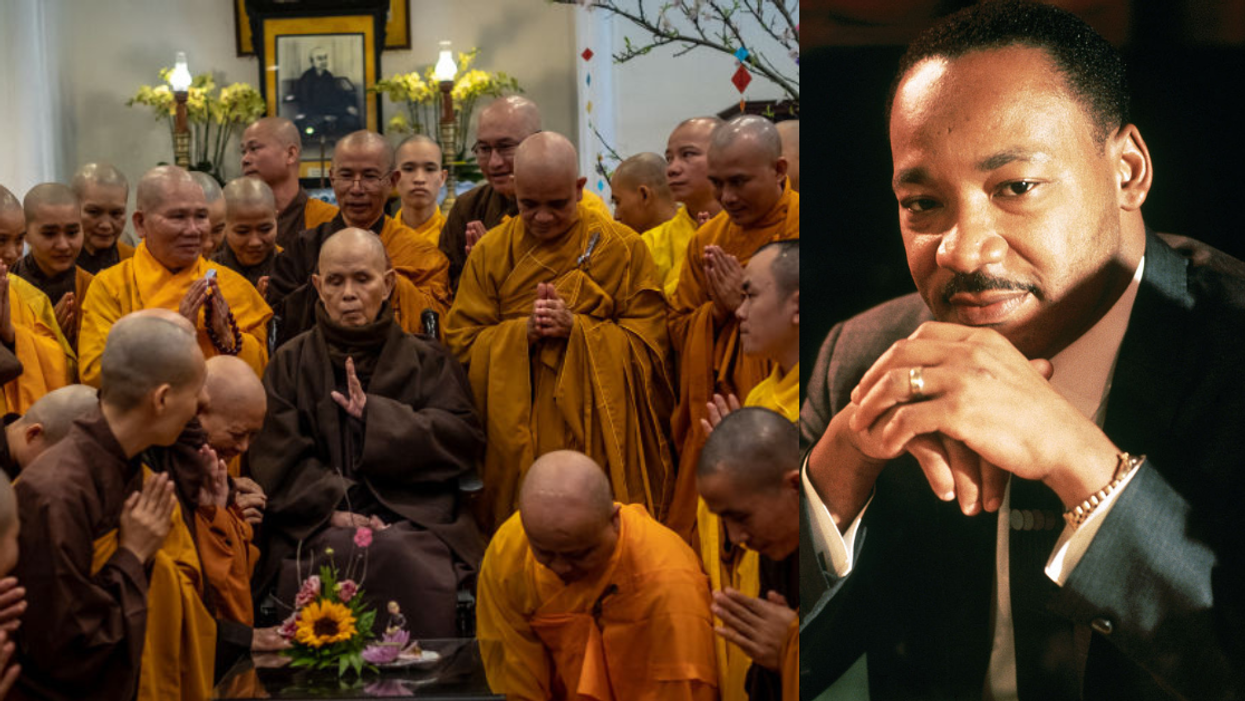


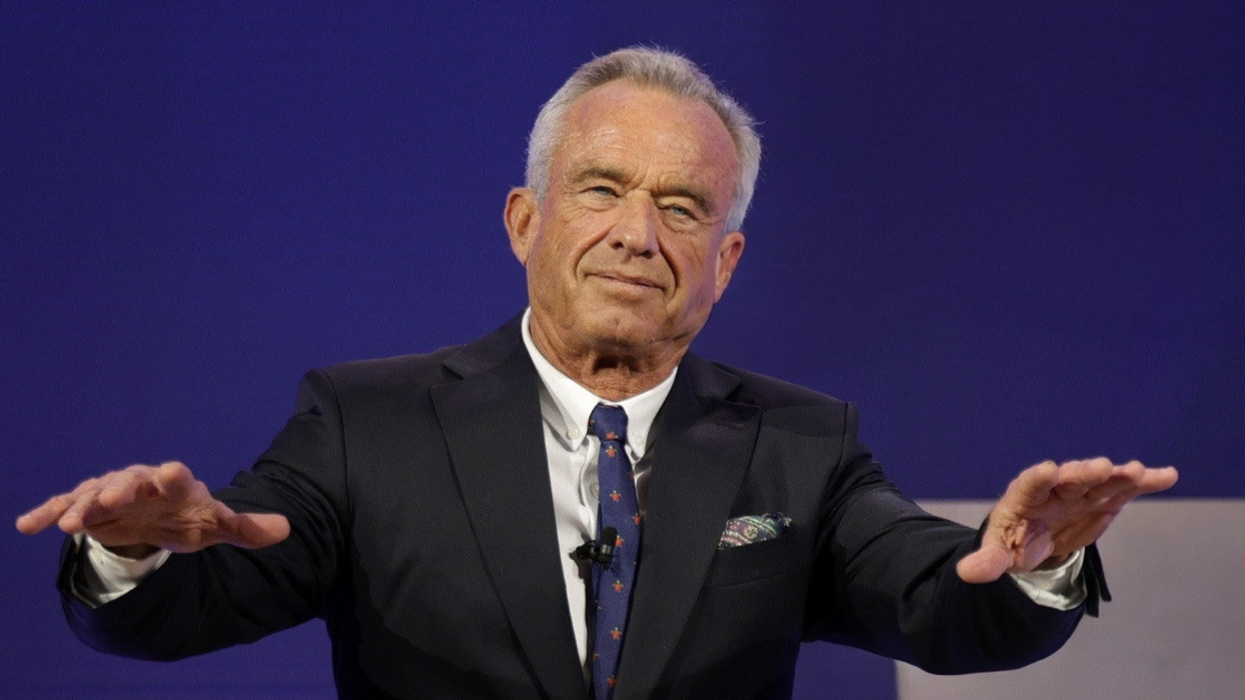
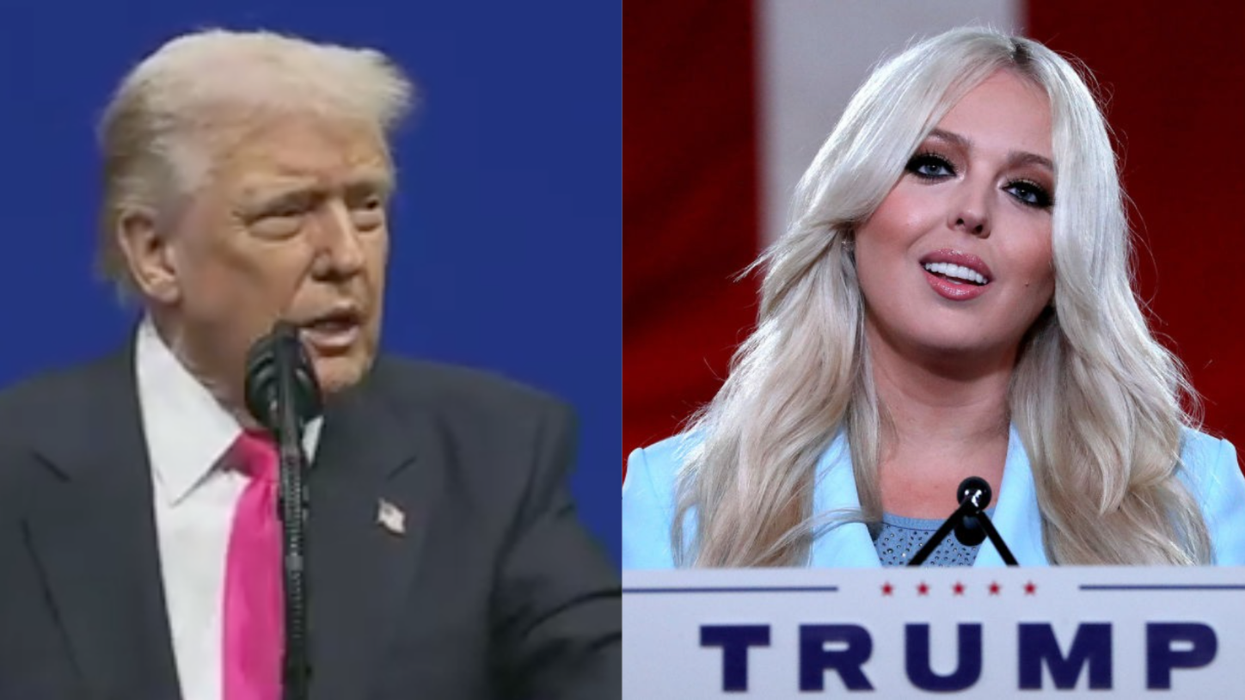
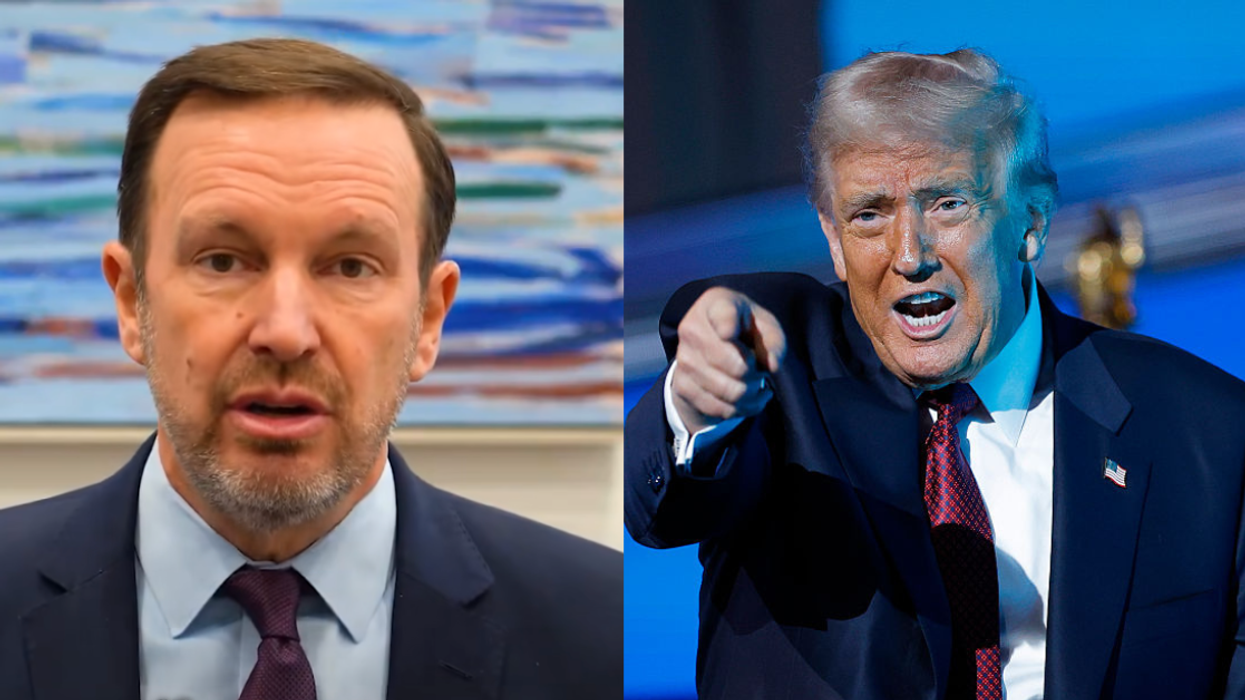
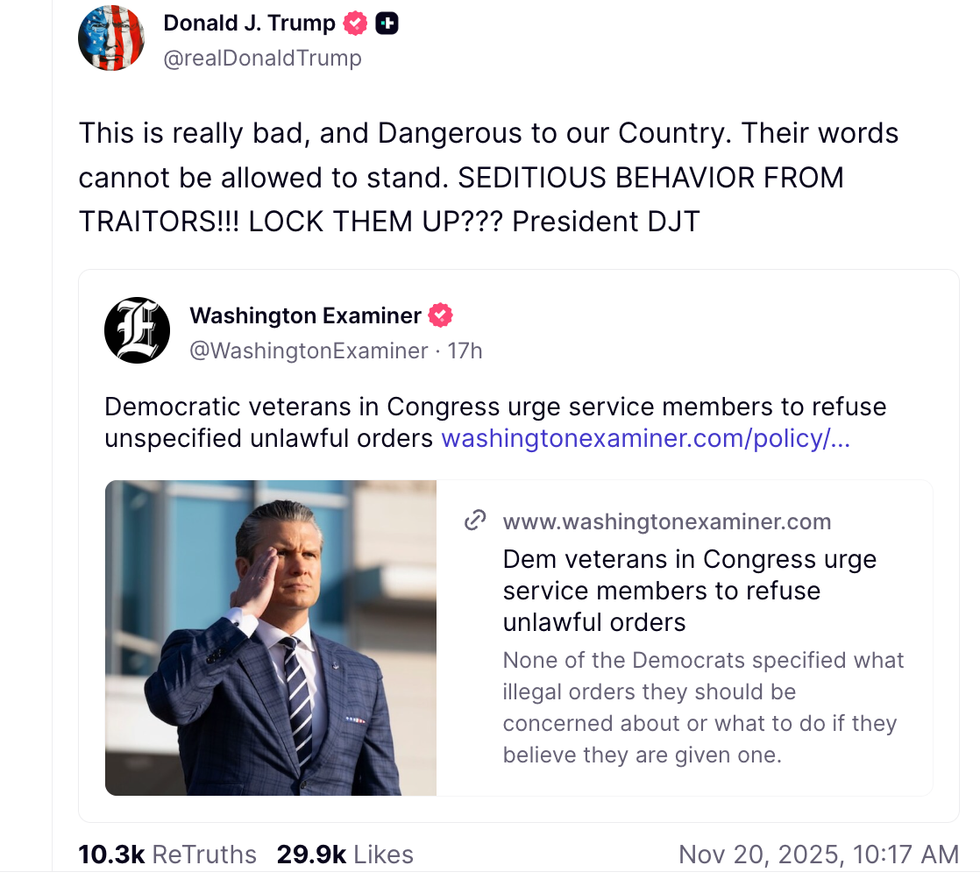 @realDonaldTrump/Truth Social
@realDonaldTrump/Truth Social @realDonaldTrump/Truth Social
@realDonaldTrump/Truth Social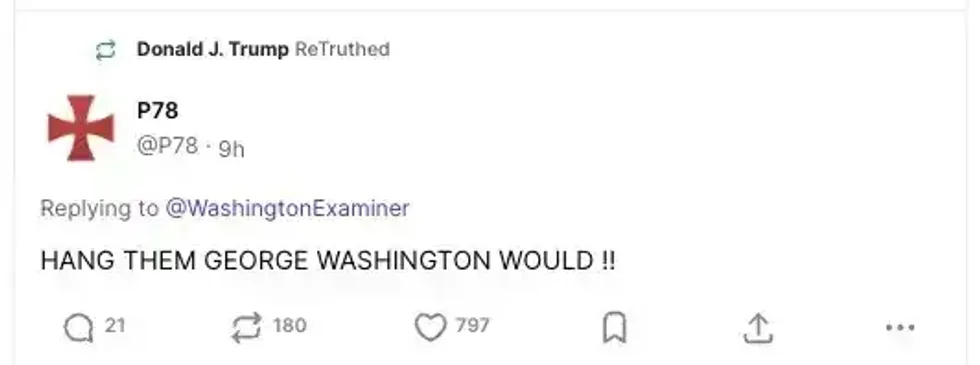 @P78/Truth Social
@P78/Truth Social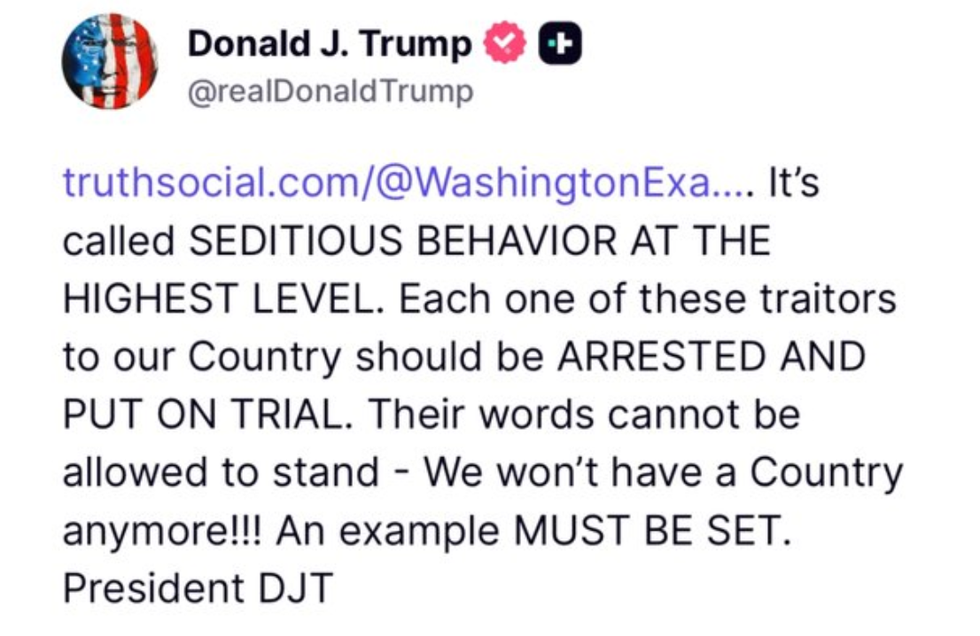
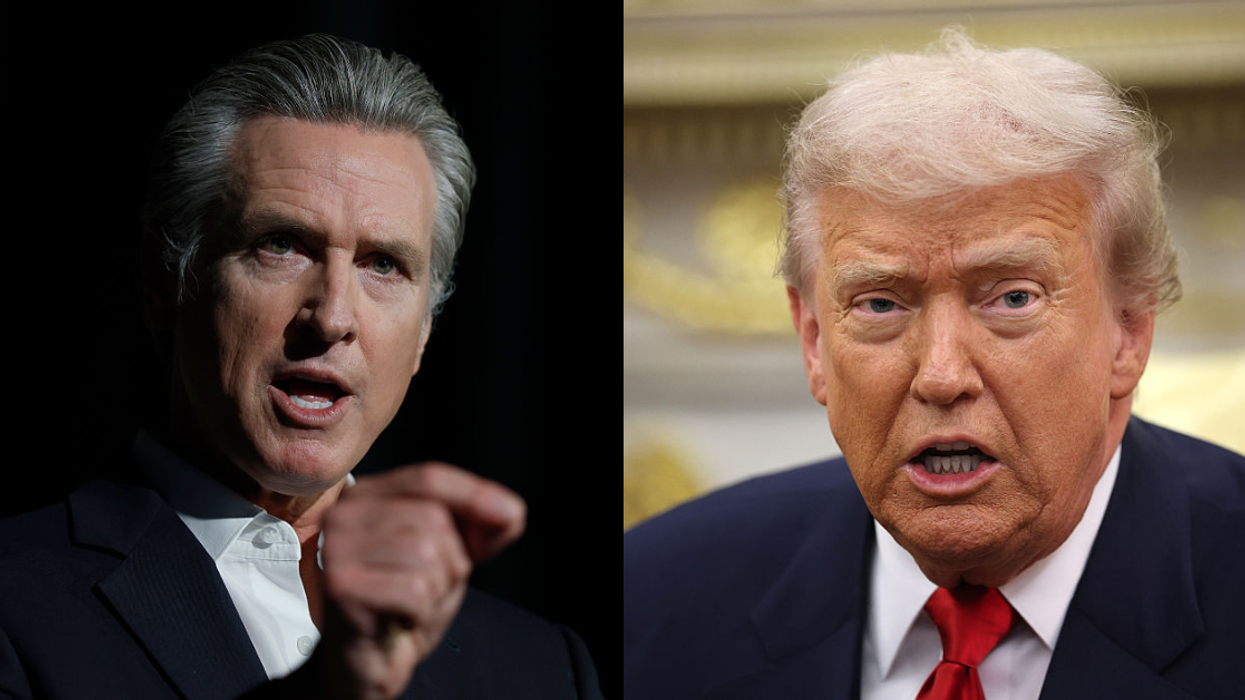
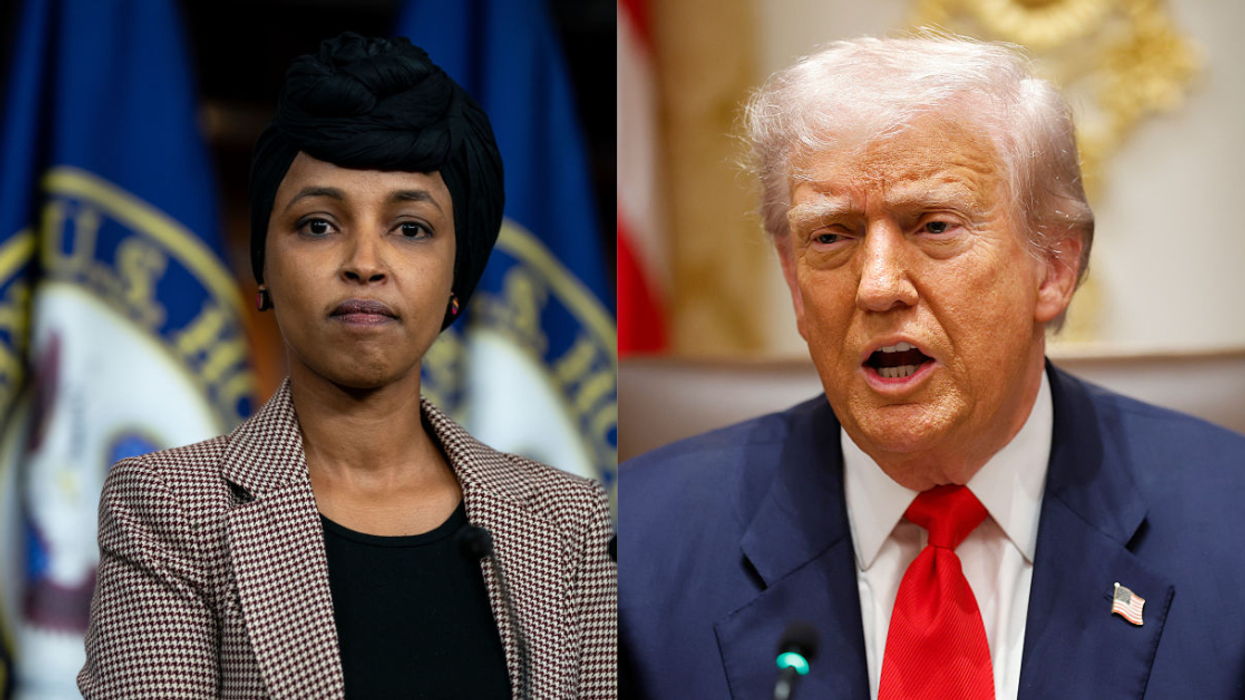
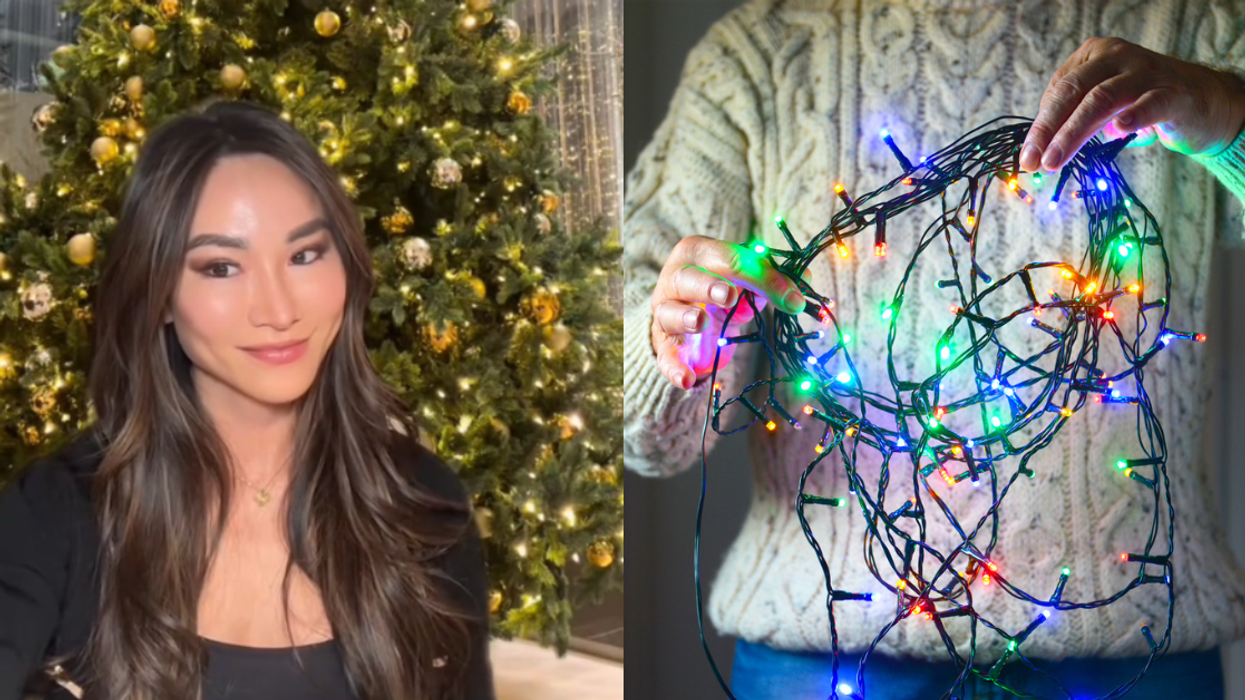
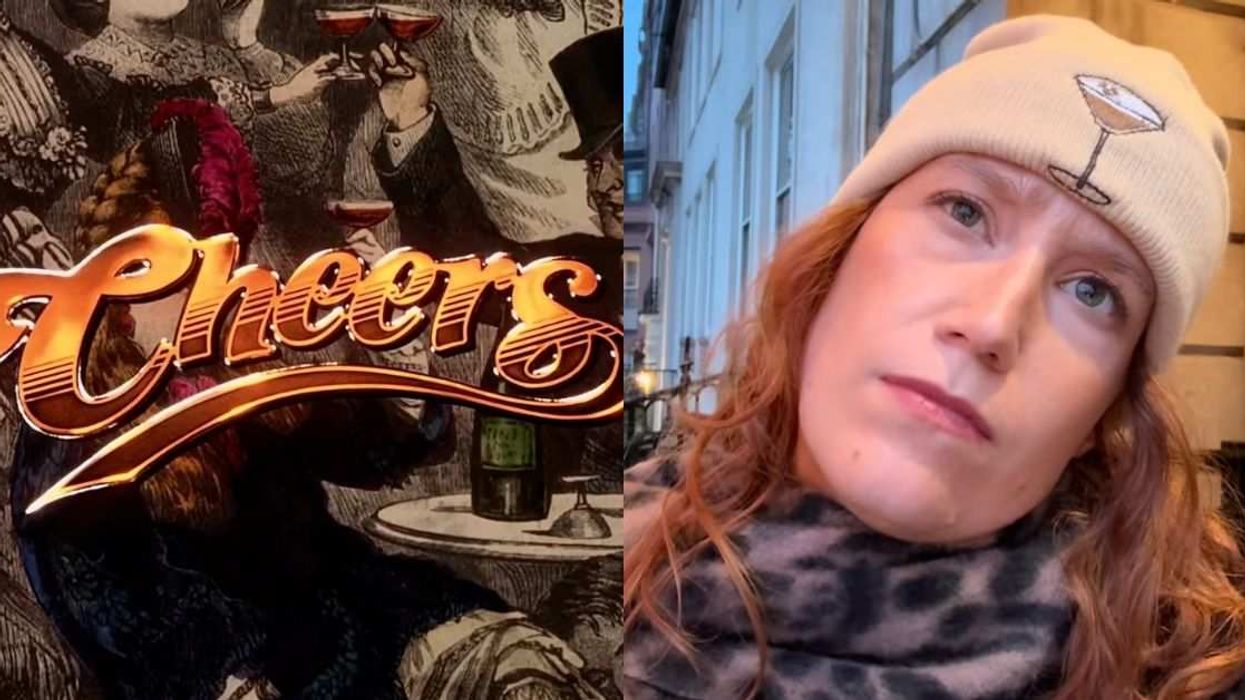
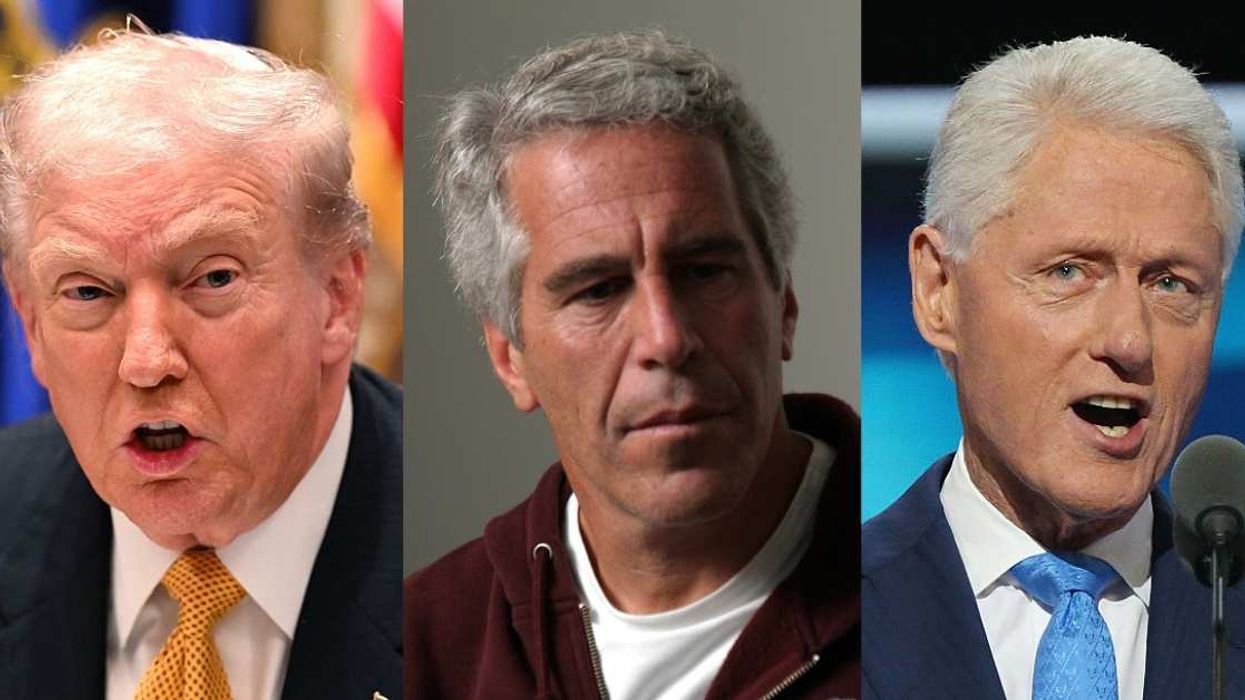
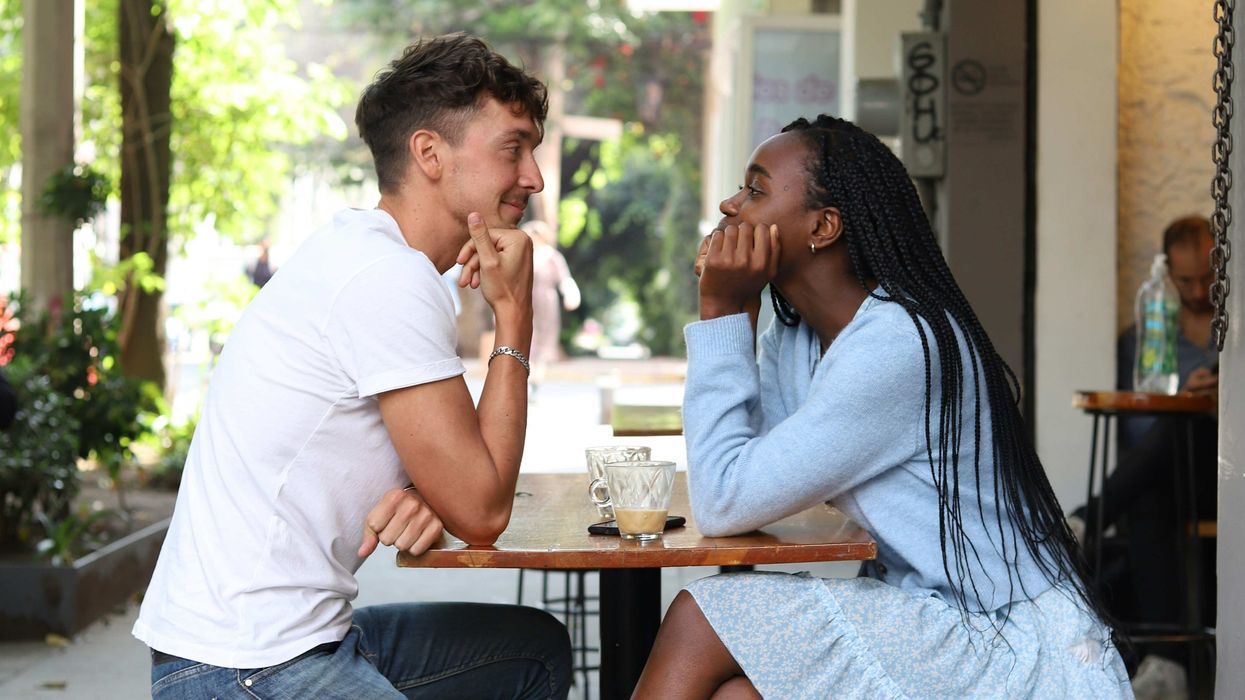
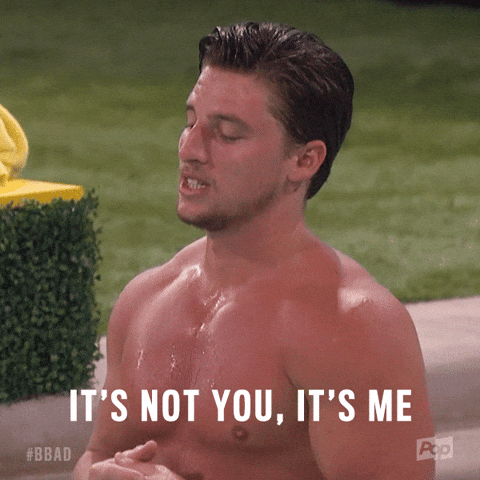 big brother pop GIF by Big Brother After Dark
big brother pop GIF by Big Brother After Dark 
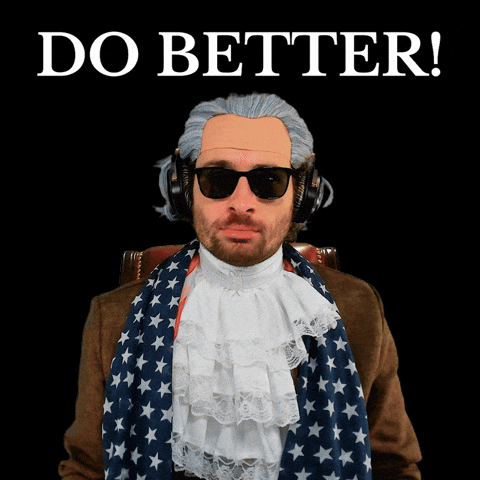 Unimpressed Get It Together GIF
Unimpressed Get It Together GIF  The Bachelor Shut Up GIF by BuzzFeed
The Bachelor Shut Up GIF by BuzzFeed 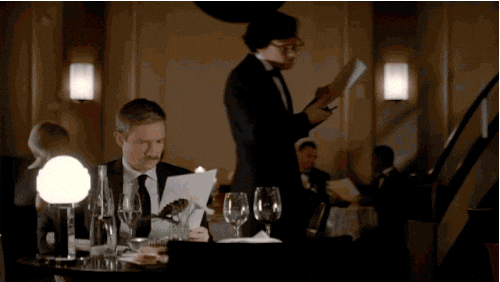 customer service waiter GIF
customer service waiter GIF 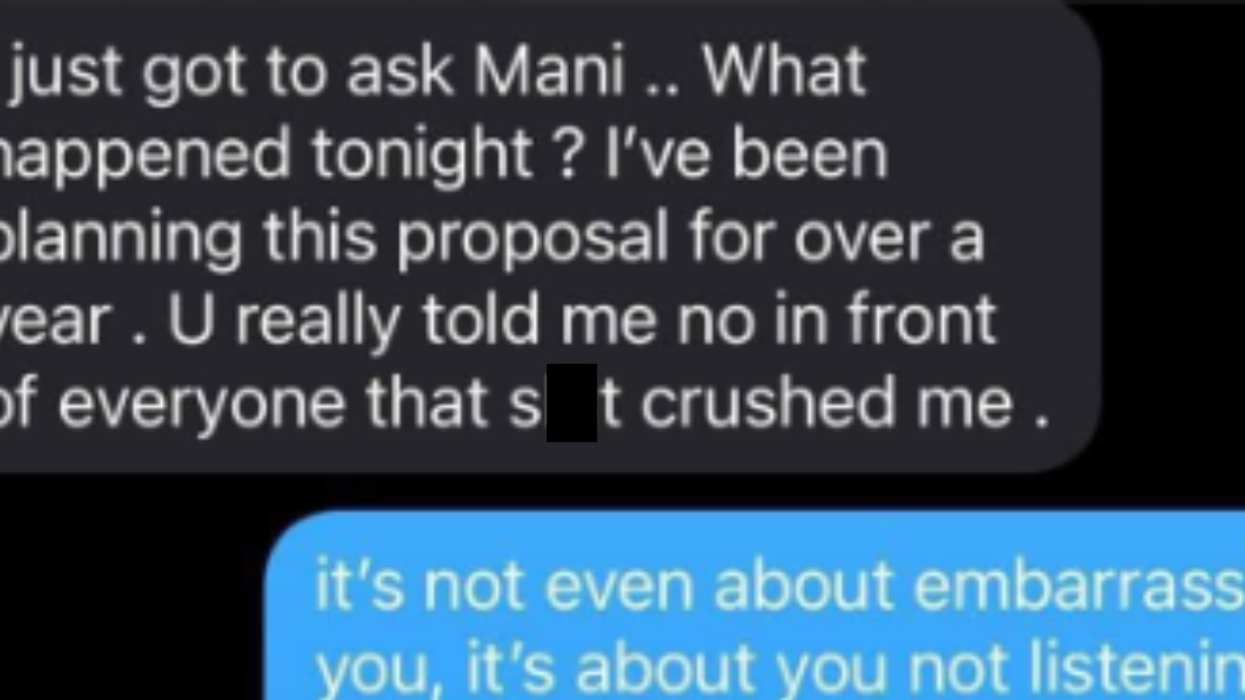
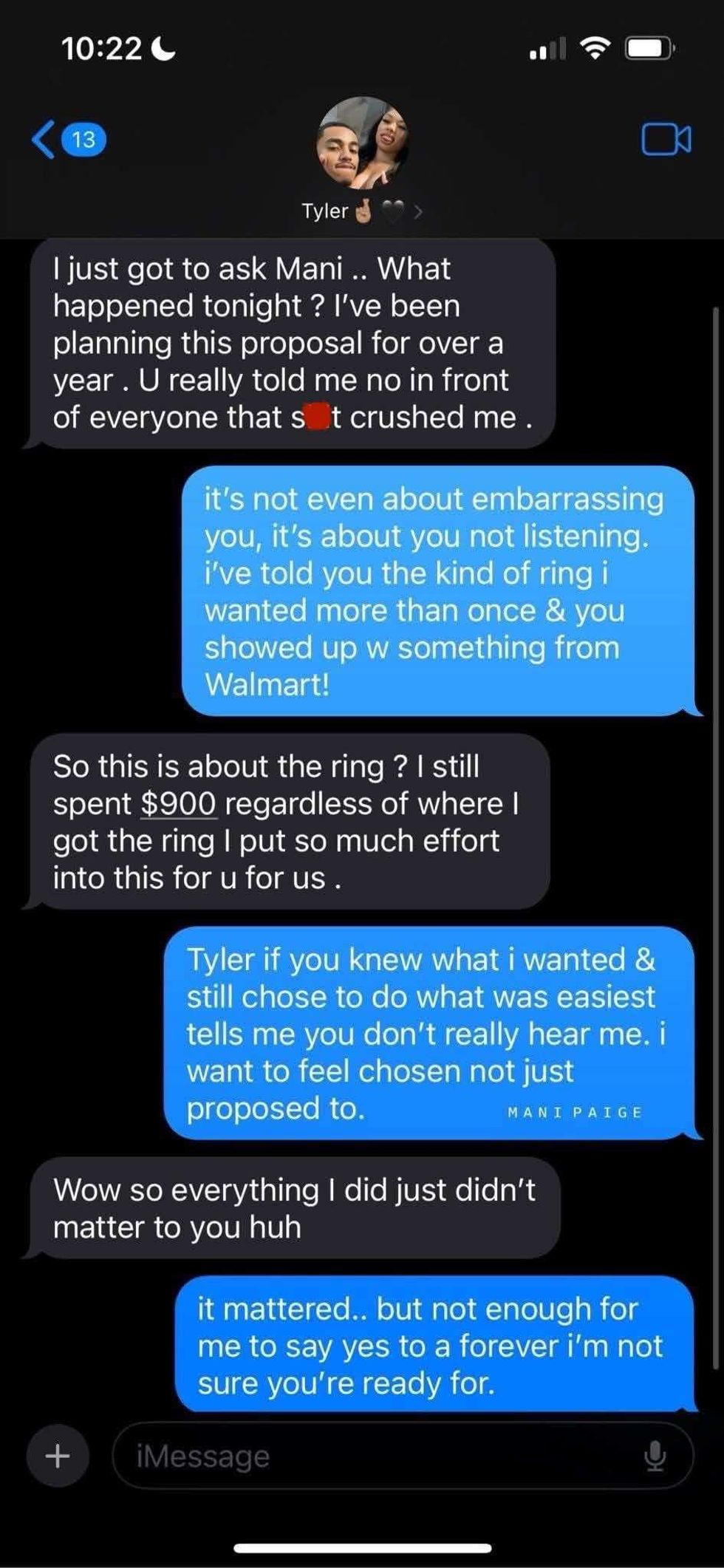 @prissyxoxo25/Threads
@prissyxoxo25/Threads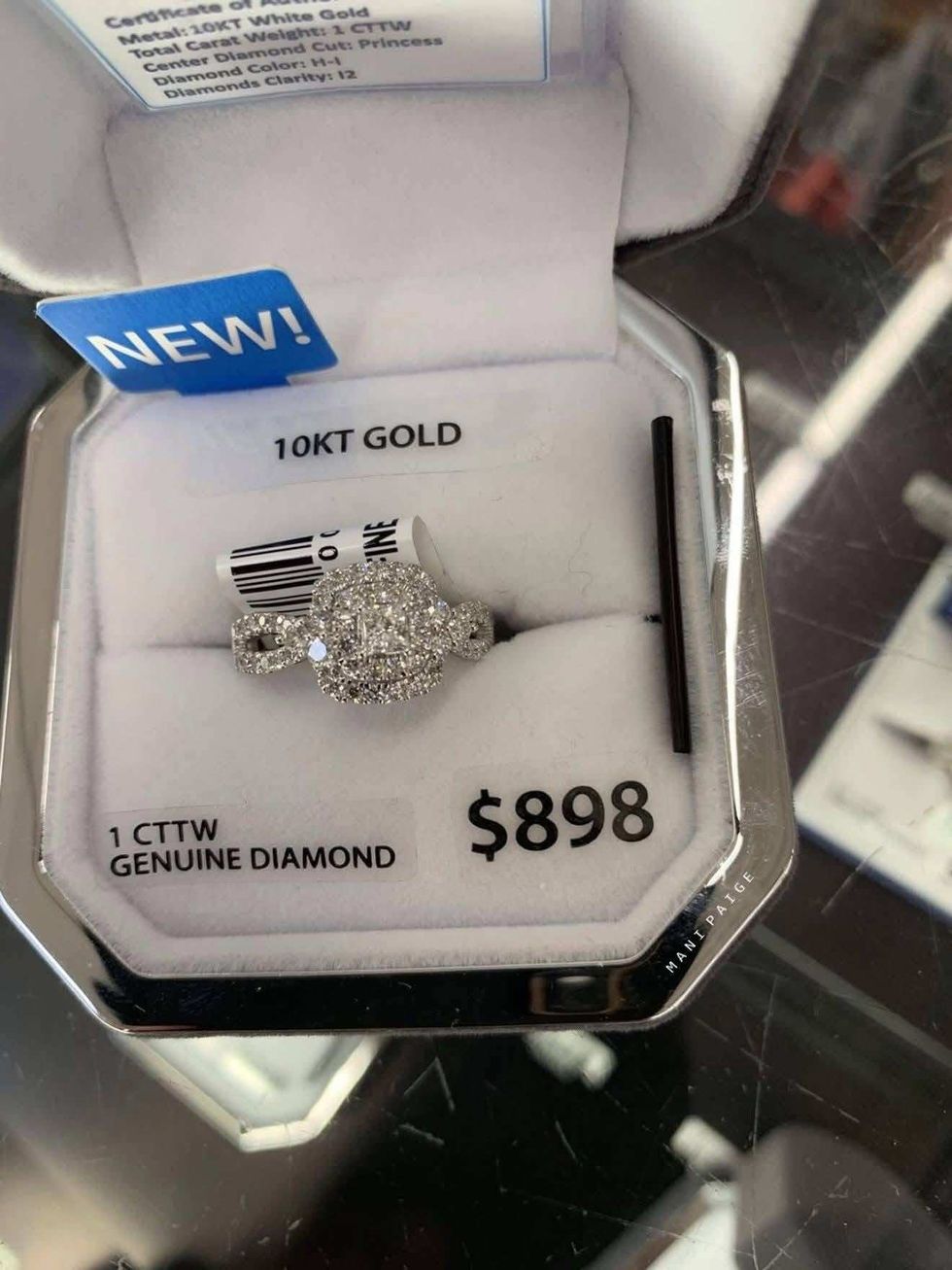 @prissyxoxo25/Threads
@prissyxoxo25/Threads @prissyxoxo25/Threads
@prissyxoxo25/Threads @prissyxoxo25/Threads
@prissyxoxo25/Threads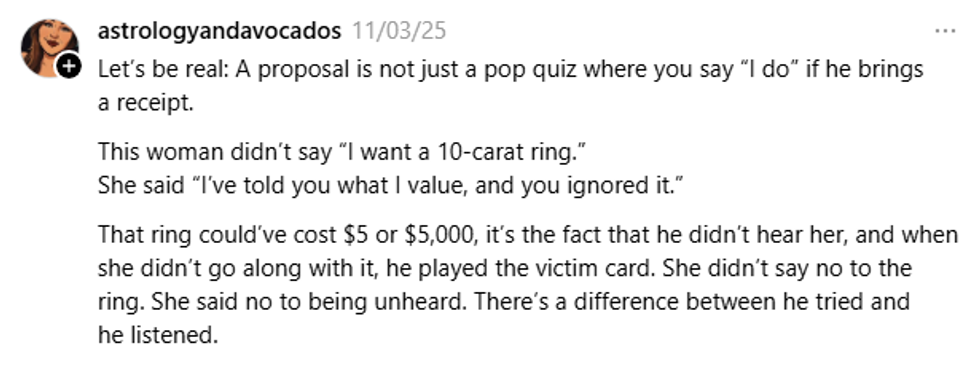 @prissyxoxo25/Threads
@prissyxoxo25/Threads @prissyxoxo25/Threads
@prissyxoxo25/Threads @prissyxoxo25/Threads
@prissyxoxo25/Threads @prissyxoxo25/Threads
@prissyxoxo25/Threads @prissyxoxo25/Threads
@prissyxoxo25/Threads @prissyxoxo25/Threads
@prissyxoxo25/Threads @prissyxoxo25/Threads
@prissyxoxo25/Threads @prissyxoxo25/Threads
@prissyxoxo25/Threads @prissyxoxo25/Threads
@prissyxoxo25/Threads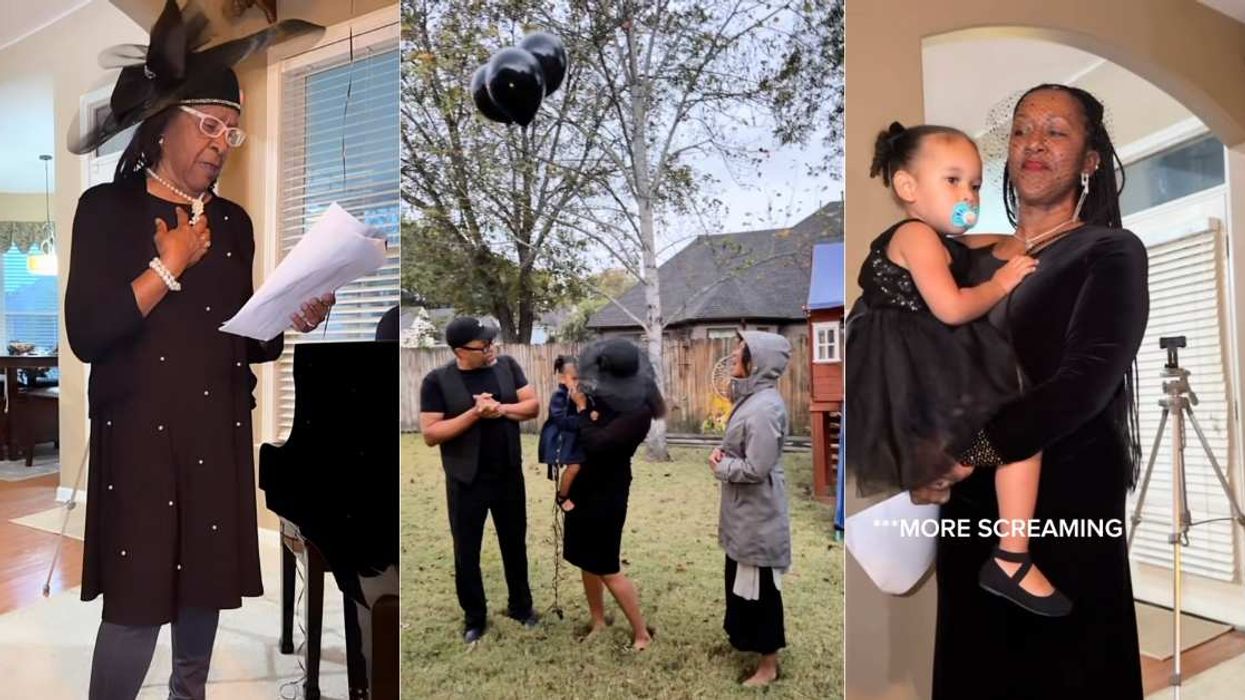
 @lookitskateeee/TikTok
@lookitskateeee/TikTok @lookitskateeee/TikTok
@lookitskateeee/TikTok @lookitskateeee/TikTok
@lookitskateeee/TikTok @lookitskateeee/TikTok
@lookitskateeee/TikTok @lookitskateeee/TikTok
@lookitskateeee/TikTok @lookitskateeee/TikTok
@lookitskateeee/TikTok @lookitskateeee/TikTok
@lookitskateeee/TikTok @lookitskateeee/TikTok
@lookitskateeee/TikTok @lookitskateeee/TikTok
@lookitskateeee/TikTok @lookitskateeee/TikTok
@lookitskateeee/TikTok